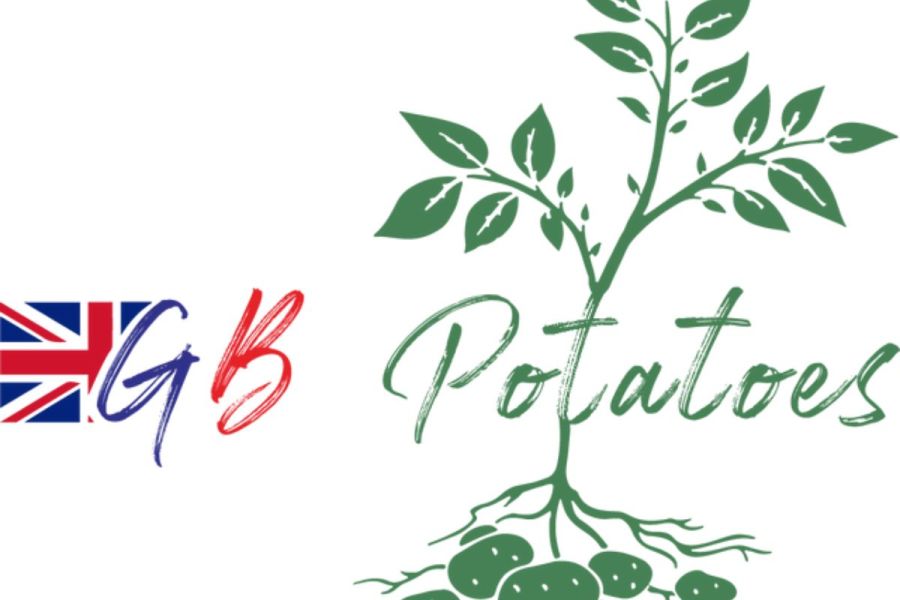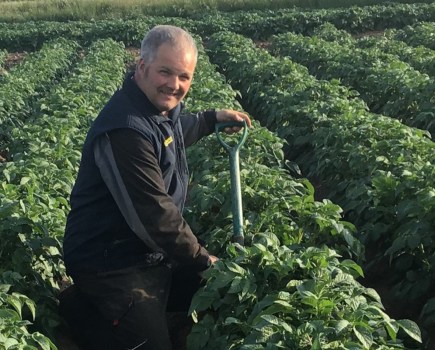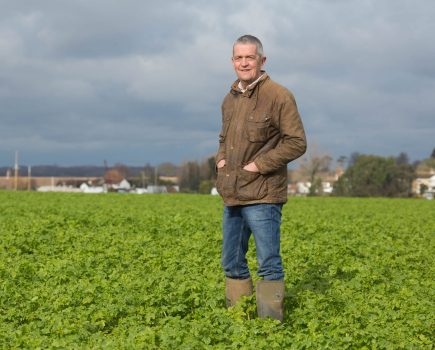By Andrew Wilson
A fools spring maybe where we’re at right now, but here in Ryedale we’ve sown some spring beans, caught up with spraying and spread some urea on winter combinable crops – all of which are in good shape (provided I ignore the oilseed rape…).
So far, we’ve held off sowing any spring barley or oats, mostly due to the risk of the late frosts that we can often see in this part of the world – one only need look at volunteer spring barley in cover crops to see the effect we could experience by sowing too early.
Root crops are seeing some focus here at the moment. We’ve just finished delivering this year’s beet crop, which hasn’t exactly broken records. For a drought year, it could be worse. We’ve managed 87% of our average adjusted yield of 77.6t/ha. The surprise, given the sunshine hours of 2022, has been the sugar percentages, which have been variable to say the least.
Our range is 14.51 to 17.61%, with no real pattern to identify any solutions or reasons. All I can put it down to is variable soil types, causing variable stress in the hottest days and perhaps more frost this winter than normal. Given similar dirt deductions, that range can make -15 to +5% difference to adjusted (ie paid) weights, and a significant effect on the haulage cost, particularly given the distance we are from the Newark sugar factory.
This far north, we have very little trouble from virus yellows or beet moth but can get clobbered by late frosts. The yield insurance only pays out to 80% of contract. We have only dipped below that figure once in the last 10 seasons (2020/21, 78%) so the likely average payout wouldn’t come close to covering the £1.50/t annual premium. When the frost insurance was first introduced in its current form in 2012, the cut off date was roughly aligned with the factory closure dates in mid-January. In recent years the campaign has dragged right into April, and it would seem only fair and sensible for the frost insurance to correlate with this in future.
The beet price increase has invariably helped the look of my budgets, but there is always room for improvement. This year we have white clover as part of a cover crop about to become an understory under spring barley, in a field that will become beet in 2024. My thinking is this will host beneficial insects to ward off virus-carrying aphids, and perhaps allow a trim in nitrogen applied. Time will tell!
For 2023, I’m once again experimenting with strip-till beet in a field currently occupied by a frost desiccated cover crop, and we may also try a companion of some sort too. Always tweaking something…
On the potato front, our stall is set, albeit in a simpler form than in recent years. Less varieties, less customers, less acres, less tarmac farming, less money laid out, less work and less risk. Will we finish up with less rewards? Who knows. For 20 years from my leaving college in 1997, our potato area slowly grew. Since 2017, that scale has slowly reduced. I love being part of the potato industry but working for nowt is a fool’s game. I have no desire to further shrink our enterprise any more than I desire to return to the peak of 2017, but I must focus on the people, profit, progress, sustainability and the wider effect of our enterprises.
Potatoes get some bad press at times but are one of the most nutrient dense and best value foods available. The fairies won’t put them on the supermarket shelves, any more than they do eggs in the crazy current times that we’re in if we don’t produce them, so we must dig deep and pull together to safeguard our industry before its metamorphic wheels fall off.
When I look back at how we used to produce our spuds when I was a kid, and chronicle the colossal changes in my lifetime, it is phenomenal. I don’t foresee that trend changing any time soon – we have always adapted and progressed as a sector.
In light of this, I have signed up to GB Potatoes, and urge others to do the same. I feel that we are stronger with a collective voice, in every sense of the word, and need to retain our pride and professionalism alongside fighting the threat of whatever obstacles appear in our path – the most prominent of these being short term politics and disproportionate legislation. It’s not sufficient, in my opinion, to leave the future of our industry to the hands of others, we must stand up and be counted. Our voices need to be heard.
With seed potatoes due to arrive imminently for chitting, the 2023 season is all but upon us – here’s to a great season for all.
This article was taken from the latest issue of CPM. For more articles like this, subscribe here.
Sign up for Crop Production Magazine’s FREE e-newsletter here.




